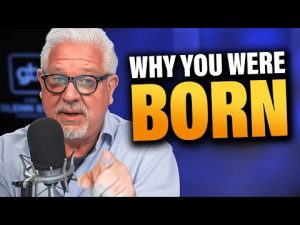Washington has been bustling lately, with the recent governmental shutdown dominating conversations at dinner tables and water coolers alike. After roughly 40 days of political brinkmanship, the Senate finally voted to support a stopgap funding bill aimed at ending the stalemate. The plan, if all goes smoothly, is to keep the government open until the end of January, giving everyone a much-needed breather from political drama. Interestingly, eight Democrats, including notable figures like Dick Durbin and Tim Kaine, crossed party lines to join Republicans in voting for this temporary financial fix.
This display of bipartisanship seems like a step in the right direction, but let’s be honest—it’s more like a baby step in a marathon. Many Democrats are already getting an earful from their own party members, who aren’t impressed with the outcome. The sense of satisfaction among these Democratic senators is met with skepticism from more hard-line colleagues. To them, the concessions snagged by these Democrats are as substantial as a mirage in a desert.
Chuck Schumer takes center stage in this dramatic production, playing the role of a beleaguered leader faced with growing impatience from within his own ranks. It’s clear that not everyone in the Democratic club is thrilled with Schumer’s strategies. Some critics, like Ro Khanna, publicly doubt his effectiveness moving forward, suggesting he might not be the best captain to steer this ship through turbulent waters. It’s almost as if Schumer’s leadership card is being scrutinized more closely than a magnifying glass at an ant parade.
Meanwhile, pundits argue that the shutdown was an elaborate exercise in futility, and they’re not wrong. The promise to vote on Obamacare subsidies doesn’t quite equate to tangible gains. Jason Miller, a former Trump advisor, paints a vivid picture of the average American’s frustration—let’s cue in stranded travelers, and military families lining up at food banks, feeling the pinch as political games hog the spotlight. Democrats now face a choice: expedite the passage of this resolution or drag it across the calendar like a reluctant student with a term paper.
In the middle of this political maelstrom, President Trump has woven in a dose of economic optimism. He proposes a tantalizing tariff dividend of $2,000 to most Americans, which would be hailed as an economic boon and a clever way to erase memories of Biden’s “financial chaos.” Skeptics might scoff, but if ever enacted, it could afford many a brief taste of financial comfort. As the dust settles on this shutdown drama, Americans are left pondering whether good news will emerge from Washington’s halls. One thing’s for sure—the script in this real-life political play is far from predictable.







